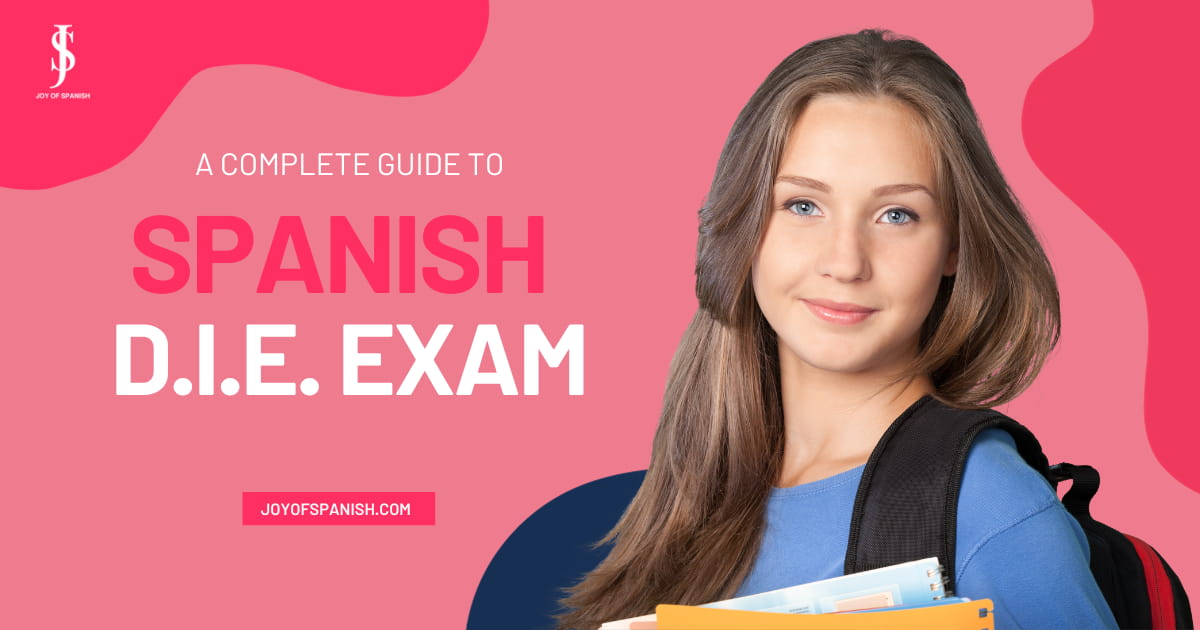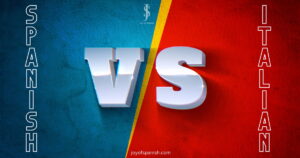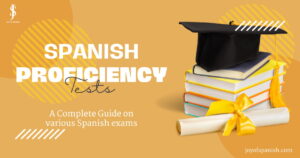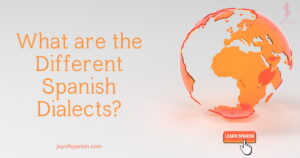The DIE (Diploma International of Spanish) is a widely recognized test for Spanish proficiency. Let’s explore and find out all the details.
Thanks to the many advantages of Spanish, you may be learning this language for a while.
If so, would you surely like to know how good you are in Spanish? Then, the D.I.E. (Diploma Internacional de Español) exam is worth taking.
The ultimate guide to the Spanish DIE exam has all the details. This covers format, test structure, benefits, validity, dates, fees, scoring, test centers, and how to prepare.
Let’s get started!
Table of Contents
What is a Diploma International of Spanish?
DIE (Diploma Internacional de Español) is a famous Spanish language test with international recognition. There are 10 levels of proficiency available, from beginner to advanced.
Spanish learners can pick the most engaging conversation topics with the DIE test. So, you can prove and show your language competencies and assess your Spanish in the tourism, health, and business fields.
The test measures how effectively you can communicate with other Spanish speakers.
It may not be as desirable as the DELE and SIELE exams. Despite that, it’s becoming more popular. It is accepted in many nations where Spanish certificates are a requirement.
Who administers the DIE test?
The Foundation for the Development and Research of Spanish Culture, i.e., FIDESCU, is a non-profit organization that conducts D.I.E. It works under the Spanish Government’s Ministry of Education.
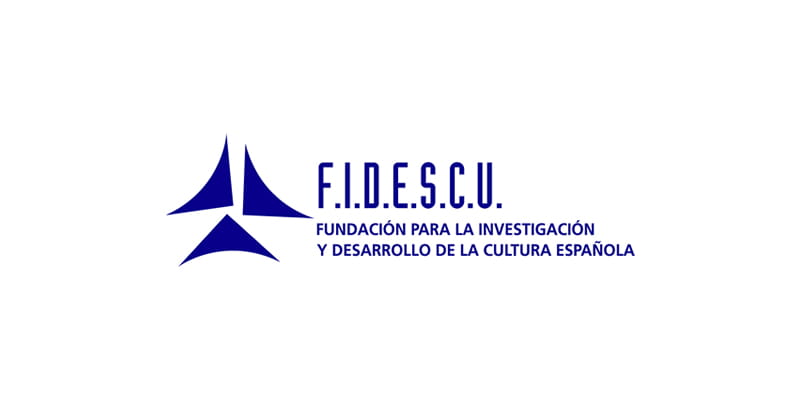
There are 21 Spanish-speaking nations and over 500 million native speakers worldwide. As a result, it was created in 1996 to boost the Spanish language and culture globally.
FIDESCU is a part of several activities. They offer a wide range of services. E.g., exams, offline and online courses, exchange programs, cultural events, and linguistic services.
Experts from diverse cultural fields make up the reputable Honorary advisory board. The DIE exam came from a partnership between FIDESCU and the Universidad Pontificia de Salamanca of Spain.
Universidad CEU San Pablo, redPEA, Colegio Virgen de Europa, Católica de Ávila, and RED PEA of UNESCO support it.
Advantages of the Spanish DIE exam
Taking the DIE Spanish test has many benefits.
If you’ve been in Spanish for some time, it can help you measure where you’re at. And if you know your level, even just a ballpark, it can help you figure out where you need to improve.
Then, you can work on your weaknesses, study hard, and improve on your next Spanish test. It boosts your self-esteem, makes you feel more confident, and motivates you to keep learning.
With DIE, you can easily understand levels A1 to C2 in the CEFR system.
There is a global recognition of the DIE diploma. Most businesses and organizations accept it. The certificate can improve your job prospects in Spanish and provide excellent value to your CV.
Are you interested in living, working, or studying in a country where Spanish is spoken?
Although this test isn’t required and is admitted everywhere, it can give you an edge.
Your chances of success can be increased with an extra point or your chances of obtaining a study visa or work permit. Examples include entering university, finding employment, or moving to Spanish-speaking locations.
There are a few extra incentives. For example, certification validity never expires, and you can take the exam whenever you wish. The test format is modular and super flexible for candidates.
DIE doesn’t depend on a specific variant. It covers various Spanish language variations, including dialects, accents, and usage in Hispanic countries.
This is highly valuable, so investing your time and effort is worthwhile. There is no harm in taking it. It only has pros, no cons! My answer is a definite go for it.
All you need to know about the DIE
Let’s dive into everything about the DIE (Diploma Internacional de Español).

Who can take the DIE exam?
You can take the test if you know Spanish and want to get certified for your language ability.
The test is open to anyone over 7 years old. This Spanish competency test is available to all, from children to adults, hobbyists to professionals.
Test format
The DIE Spanish test measures both written and oral communication skills. You have the option to choose one or both of the exams.
Teacher-examiners conduct speaking exams with a personalized process. Test takers find it convenient and flexible.
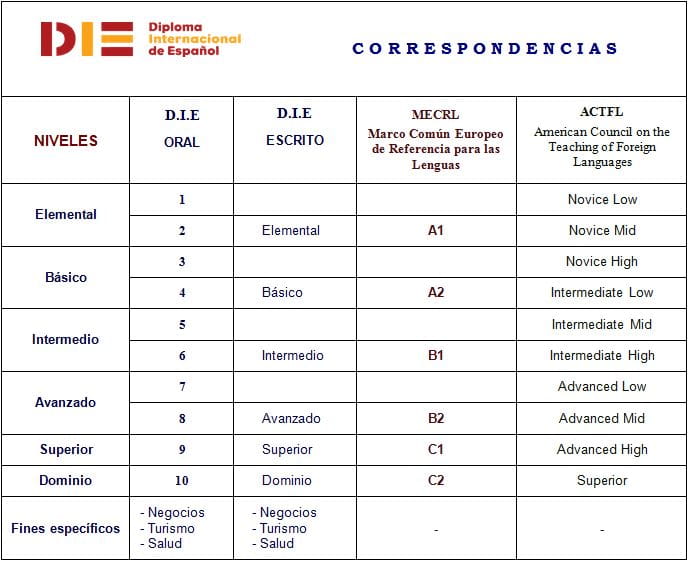
The DIE comprises six written, ten oral, and three specializations. It ranges from basic to advanced levels.
The test grading criteria involve grammar, vocabulary, comprehension, speaking fluency, and pronunciation.
Levels and Types of DIE Tests
The DIE levels follow the guidelines of CEFRL (Common European Framework of Reference for Languages). As an outcome, the levels vary from A1 to C2.
There are 6 levels — Certificado Elemental (A1), Certificado Básico (A2), Certificado Intermedio (B1), Certificado Avanzado (B2), Certificado Superior (C1), and Certificado Dominio (C2).
The oral test has ten levels. Each stage from A1 to B2 comprises two sublevels. C1 and C2 have only one level each.
Writing contains 6 levels — Elemental, Pre-intermediate, Intermediate, Advanced, Superior, and Mastery.

All levels are only available once you reach level 10. You can take the Spanish language exam that is most suitable for your ability.
Specialized DIE tests
Besides general Spanish, DIE conducts specialized tests at different levels for various purposes. It recognizes Spanish skills and helps certify a detailed understanding of a particular subject.
It has Business Spanish (levels B2, C1 & C2), Medical Spanish (levels B2 & C1), and Spanish for Tourism (levels B2 & C1). A1, A2, and B1 are not part of the specialized test.
Test structure, syllabus, and description
The oral and written exam levels will vary based on the candidate’s Spanish language skills.
Each level of the speaking examination has 2-4 tests that cover topics or given texts.
Every written test has four individual tests. E.g., listening comprehension, Spanish use, reading comprehension, and written expression and interaction.
You can check the complete syllabus on the site.
Test duration
The oral test duration depends on the level. For instance, (A1 – 6-7 minutes), (A2 — 12 minutes), (B1 – 16 minutes), (B2; 21 minutes), and (C1 and C2 – 25 minutes).
The written test includes (A1 – 90 minutes), (A2 – 110 minutes), (B1 and B2 – 130 minutes), and (C1 and C2 – 150 minutes).
Evaluation and Scores
The marks comprise 100 points in total. A score of at least 65% is mandatory for candidates to get the DIE diploma.
To earn a diploma with distinction, the candidate must score 85% or above. This can help with the promising future of Spanish jobs.
Passing the DIE test requires achieving a minimum score in each evaluation criterion.
If a candidate passes only one test, either written or oral. The diploma they receive will correspond to the part they passed.
Testing centers worldwide
You can pick online or face-to-face ways in Spain or approved centers outside the country. You have a choice between two options.
Over 50 exam centers are spread across 24 countries and 5 continents as of 2024.
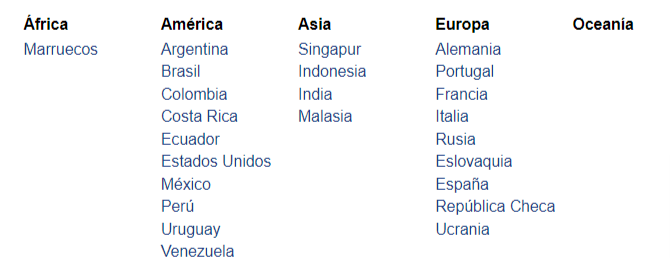
There are many DIE testing centers in India. Thus, as a Spanish learner, you can take the test in one of the four authorized centers. To see the complete list, visit the official FIDESCU website.
Test and result dates
DELE (Diplomas de Español Como Lengua Extranjera) only happens a few times a year. Unlike other exams, the DIE exam is held year-round. This enables candidates to make their own choices and choose whatever suits them.
The test dates are not fixed and can vary. To get exact dates, contact the nearest or desired testing centers.
You must register for the test at least 1-2 weeks prior. As a result, confirm with your preferred center according to your schedule.
You can check the oral test results on the same day after giving the test. Within 30 to 40 days of the test date, FIDESCU declares the written examination results.
Finally, they send the scores, final diploma, and all details within 60 to 90 days of the test dates.
Validity of the DIE Diploma
Unlike the Spanish SIELE diploma, which expires after 5 years, DIE certifications and scores are valid for life.
Once you pass the test, your diploma will be valid for life.
Some companies and organizations officially only recognize the diploma received within the last 5 years. You may have to retake it if needed.
Most admit it no matter when you pass, which is good news.
Fees for the DIE
The cost of the DIE test ranges from 35 to 60 euros. Your selection of levels, tests, and centers will affect the price.
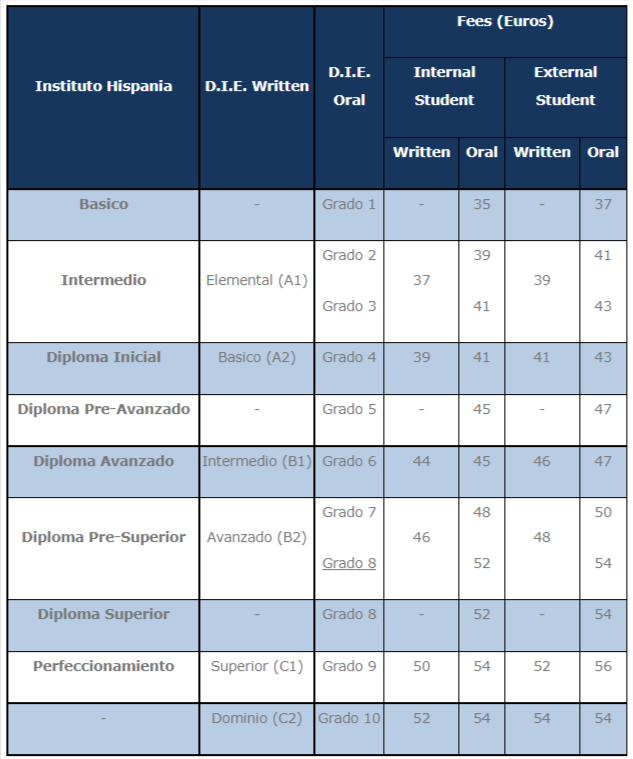
The price table below can provide a rough estimate.
How can I register?
To register for the DIE test, reach out to your nearest center. FIDESCU-approved centers will give you all the information you need to register for different tests and levels.
How to prepare for the DIE?
You can check the official website, fidescu.org/diploma-d-i-e.
You can find many previous questions, practice sets, and sample papers there. You can find the content at this LINK.
Teachers are the most effective way to learn and prepare for the DIE test. You can also use books, audio podcasts, learning apps, movies, and music to improve your Spanish skills.
We have an extensive collection of Spanish language courses in Noida.
You can pick online or offline programs at LanguageNext. They are tailored to different levels and needs. Our offerings cater to everyone, from beginners to experts.
Are you thinking of taking the DIE exam? If there are any queries, feel free to share them in the comments below.
